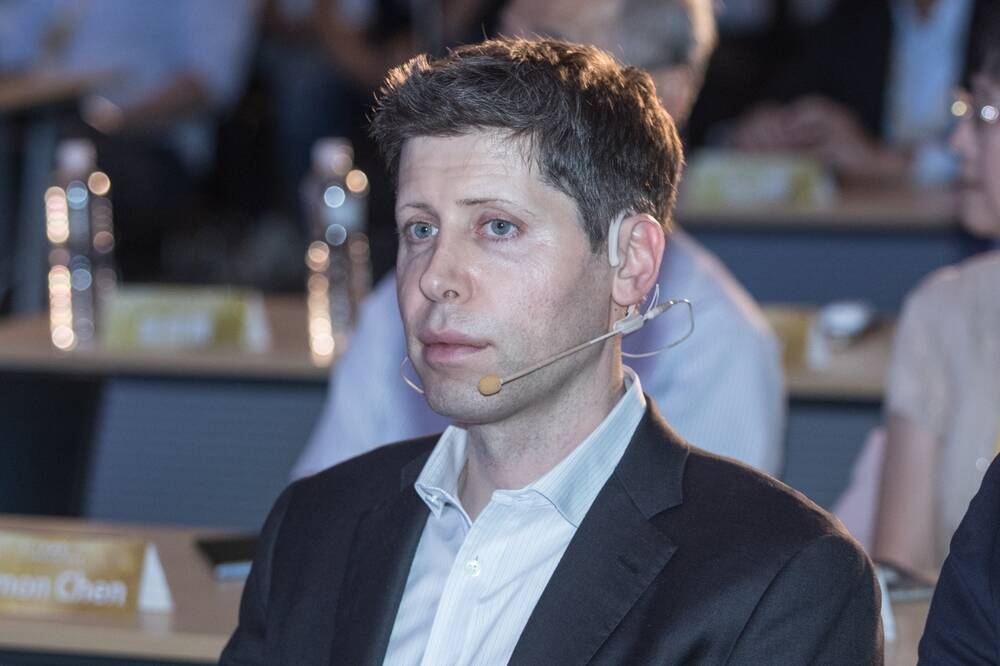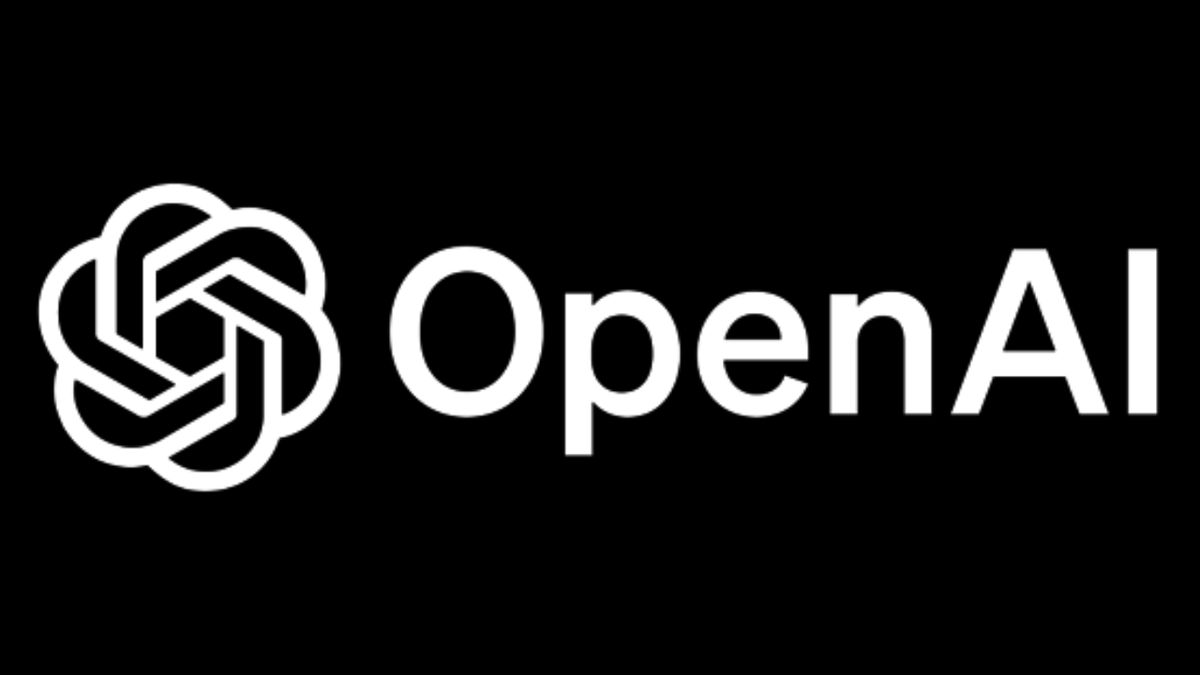OpenAI’s CEO Sam Altman is reportedly in the process of securing billions of dollars in funding to establish a network of AI chip fabs. According to sources familiar with the matter, Altman has engaged with various entities, including G42 based in Abu Dhabi and Softbank in Japan, to facilitate this initiative.
Microsoft, a prominent supporter of OpenAI, has also expressed interest in the project. The objective is to finance the establishment and operation of chip manufacturing plants globally to cater to the increasing demand for neural network accelerators. The primary aim of the program is to establish sufficient production lines to ensure a consistent supply of AI processors to meet the market’s needs.
Altman, who is rumored to be developing an AI accelerator within his organization, has raised concerns about the current shortage of processors. Given the surge in interest in machine learning technologies, there is a growing consensus on the need for more processors. Meta’s recent announcement of requiring 350,000 Nvidia accelerators by the year-end for its AGI initiatives underscores this demand.
The scarcity of processors for training and running models could lead to performance issues, restrictions, or limited deployment of remote services, resulting in a subpar user experience. Individuals seeking to leverage the technology within their infrastructure may encounter challenges in sourcing the necessary components.
The Uptime Institute has echoed these apprehensions, cautioning that while AI remains a significant trend in 2024, the insufficient silicon supply could impede widespread adoption.
Securing funding for a single fab project, let alone a network of facilities, poses a substantial financial and logistical challenge. The cost of a single chip factory ranges from \(10 billion to \)20 billion, with completion timelines spanning four to five years, subject to workforce availability.
OpenAI’s strategy does not involve direct involvement in the foundry sector. Instead, the plan is to allocate the raised capital to leading-edge chip manufacturers like TSMC, Samsung Electronics, and potentially Intel. This approach aims to incentivize these fabrication giants to ramp up production of AI components.
TSMC emerges as a key candidate due to its track record of manufacturing GPUs and AI accelerators for industry giants like Nvidia, AMD, and Intel. Addressing the supply-demand gap for AI accelerators in 2024 may necessitate investments in advanced packaging facilities rather than expanding foundry capacity, as highlighted by TSMC’s chairman Mark Liu.
Investing in chip-on-wafer-on-substrate (CoWoS) packaging capacity could potentially alleviate supply bottlenecks more effectively. These packaging facilities are quicker to build and less costly compared to traditional foundries, offering a viable solution to enhance AI chip production capabilities.
In light of these considerations, a strategic blend of fabrication and packaging facility investments may be required to overcome AI chip supply constraints effectively.










